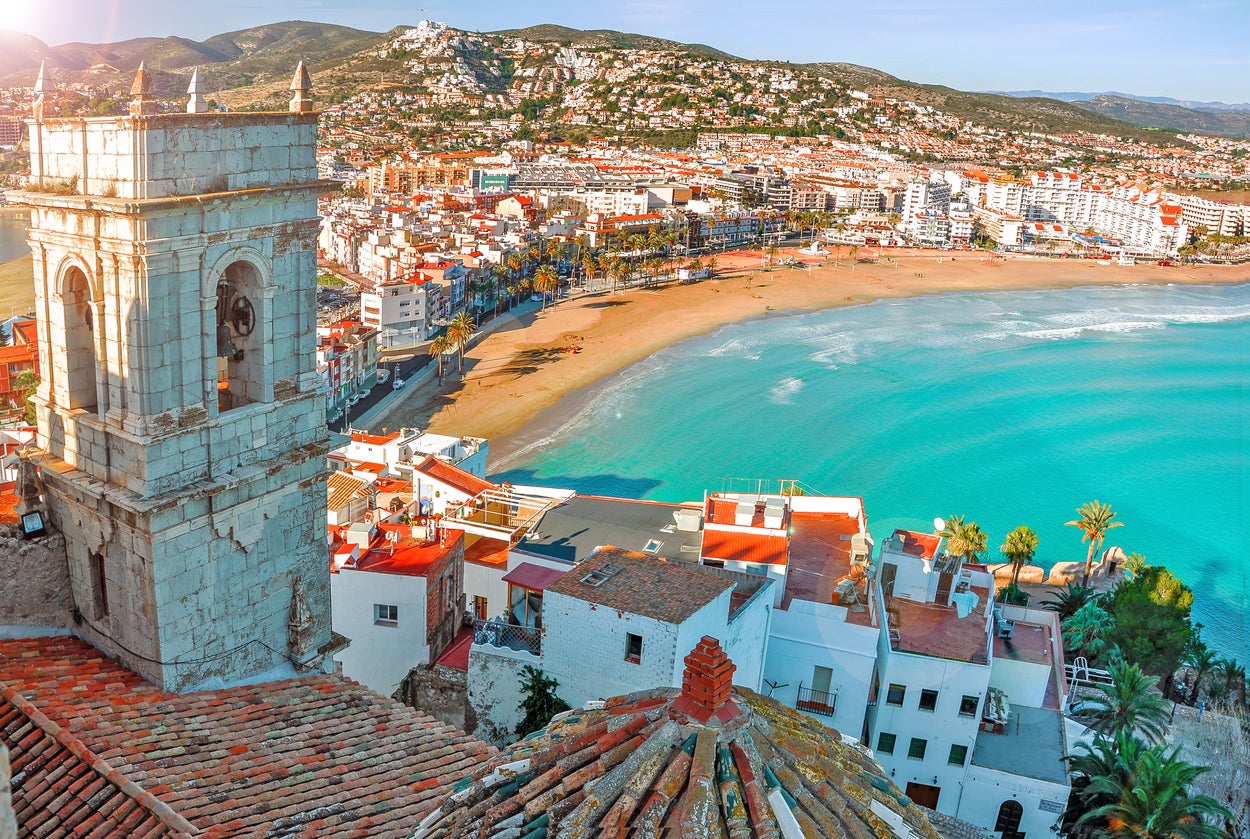Spain’s latest move shows how seriously it is taking its overtourism rental ban
Spain is one of the world’s biggest tourist destinations with more than 80 million visitors a year

Your support helps us to tell the story
From reproductive rights to climate change to Big Tech, The Independent is on the ground when the story is developing. Whether it's investigating the financials of Elon Musk's pro-Trump PAC or producing our latest documentary, 'The A Word', which shines a light on the American women fighting for reproductive rights, we know how important it is to parse out the facts from the messaging.
At such a critical moment in US history, we need reporters on the ground. Your donation allows us to keep sending journalists to speak to both sides of the story.
The Independent is trusted by Americans across the entire political spectrum. And unlike many other quality news outlets, we choose not to lock Americans out of our reporting and analysis with paywalls. We believe quality journalism should be available to everyone, paid for by those who can afford it.
Your support makes all the difference.Spain has opened an investigation into a holiday apartment renting platform for failing to delete thousands of rental offers in another attempt to curb a business blamed by many for housing shortages and soaring prices.
The country has had issues with overtourism in recent years with many protesting over the knock-on property in holiday regions.
The probe is part of a general crackdown on tourism rentals via sites such as Airbnb and Booking.com which many Spaniards say is creating excess tourism, cramping the housing stock and making renting unaffordable for locals.
A Consumer Rights Ministry’s department had since the summer ordered the platform to remove thousands of listings deemed “illegal advertising” without licences for tourism use, a ministry spokesperson said.
As the adds stayed up, a disciplinary process began, with the platform facing a potential fine of up to 100,000 euros ($104,940.00) or four to six times the profit made on the practice, a ministry statement said.
“It is the ministry’s responsibility to make sure no company in this country is above the law,” Minister Pablo Bustinduy told reporters on Wednesday.
A fine by the ministry can be challenged in court.
Airbnb and Booking.com, the largest platforms operating in Spain, which is one of the world’s biggest tourist destinations with more than 80 million visitors a year, did not immediately respond to requests for comment.

Spain’s toughest move so far in the curb came from Barcelona’s mayor Jaume Collboni when in June he ordered a total ban on tourism rentals by 2028.
The ban is being challenged in courts by associations representing tourist apartment owners.
Airbnb urged him to reconsider, arguing that the ban only benefits the hotel sector while failing to address excess tourism and the housing crisis.
“The only winner from Barcelona’s war on short-term rentals is the hotel industry,” Airbnb’s head of Policy for Spain and Portugal, Sara Rodriguez, wrote in a letter to Mayor Jaume Collboni.
Airbnb argued in its letter that none of Barcelona’s earlier measures that had imposed strict limits on new tourist accommodation licences in the city centre since 2014 proved to be effective.
“A decade later, official data shows that while short-term rentals numbers have fallen, challenges related to housing and over-tourism are worse than ever,” it said.
The consumer rights ministry last week also launched an investigation into agents who handle sometimes hundreds or thousands of platform accounts on behalf of owners.
Other European countries including Italy or Croatia have also taken measures to limit the growth of tourism rentals.